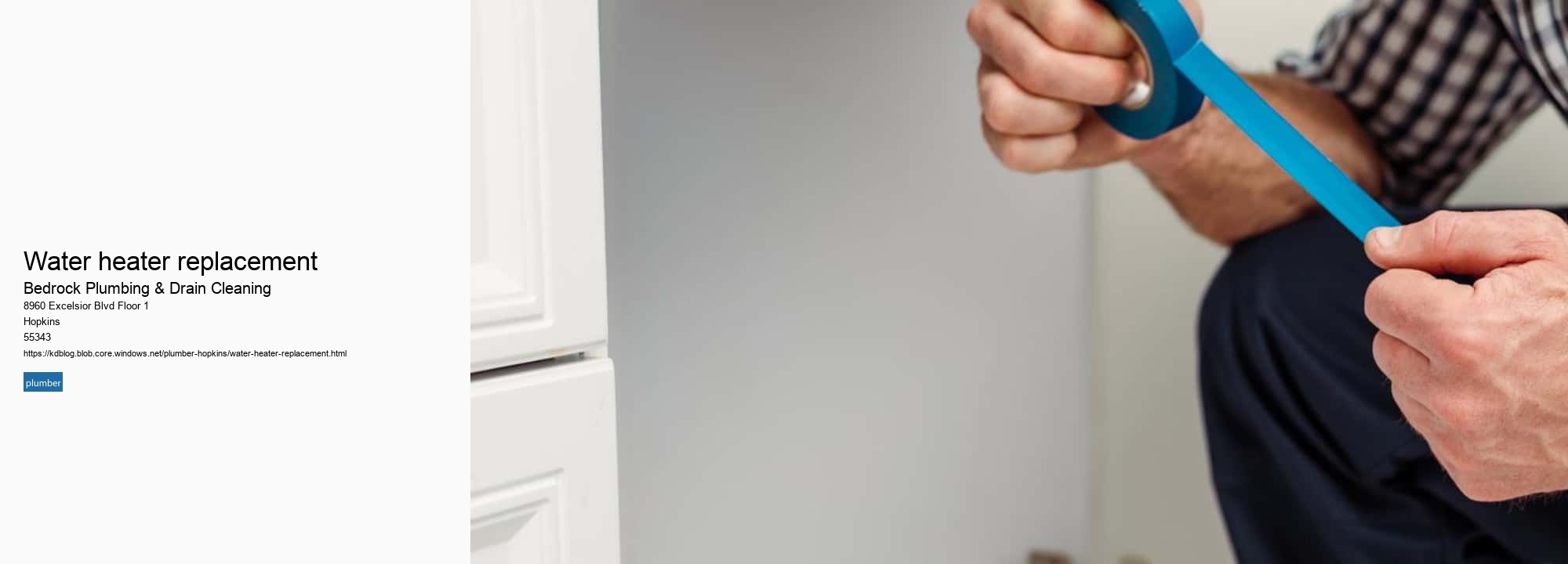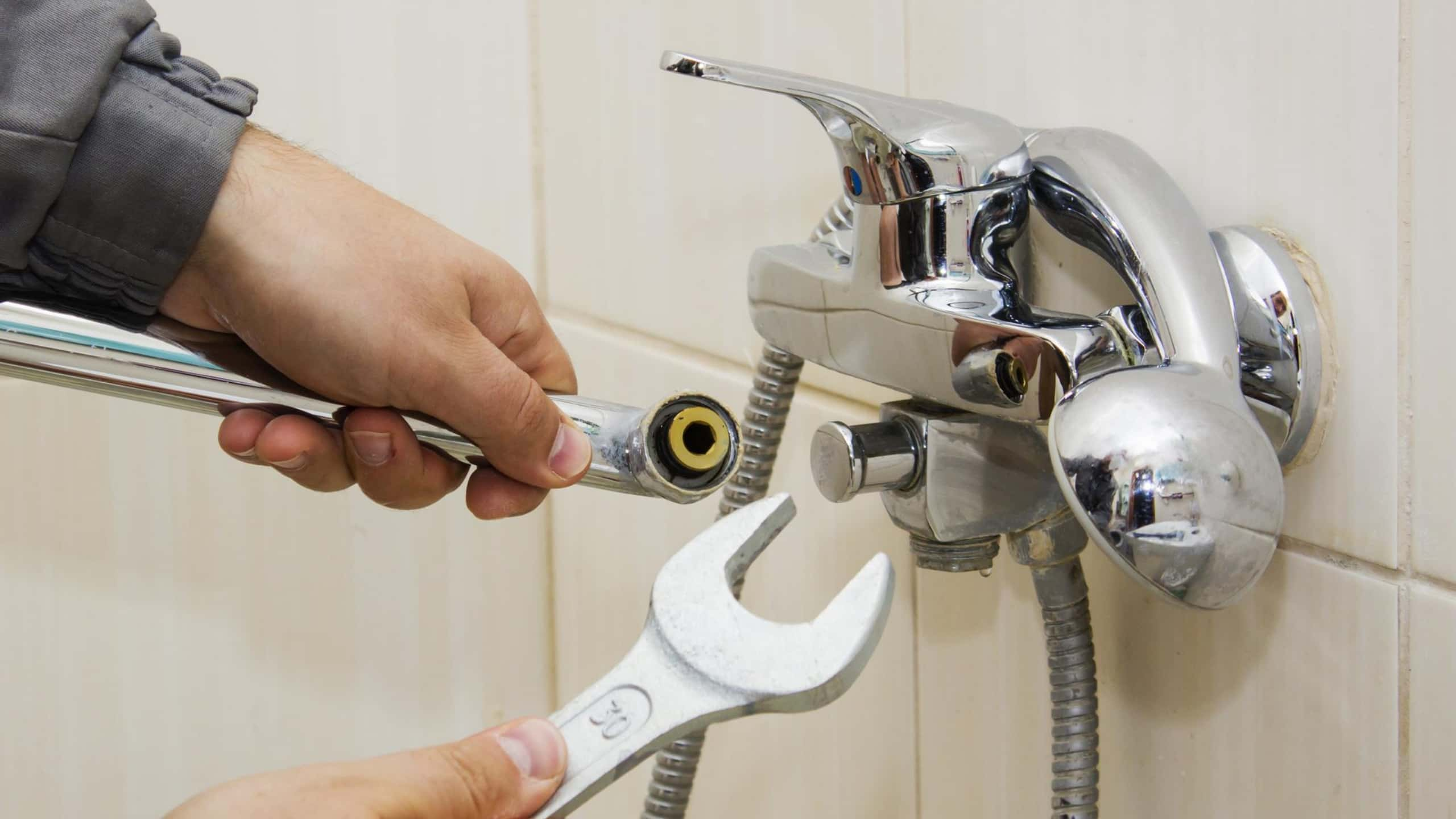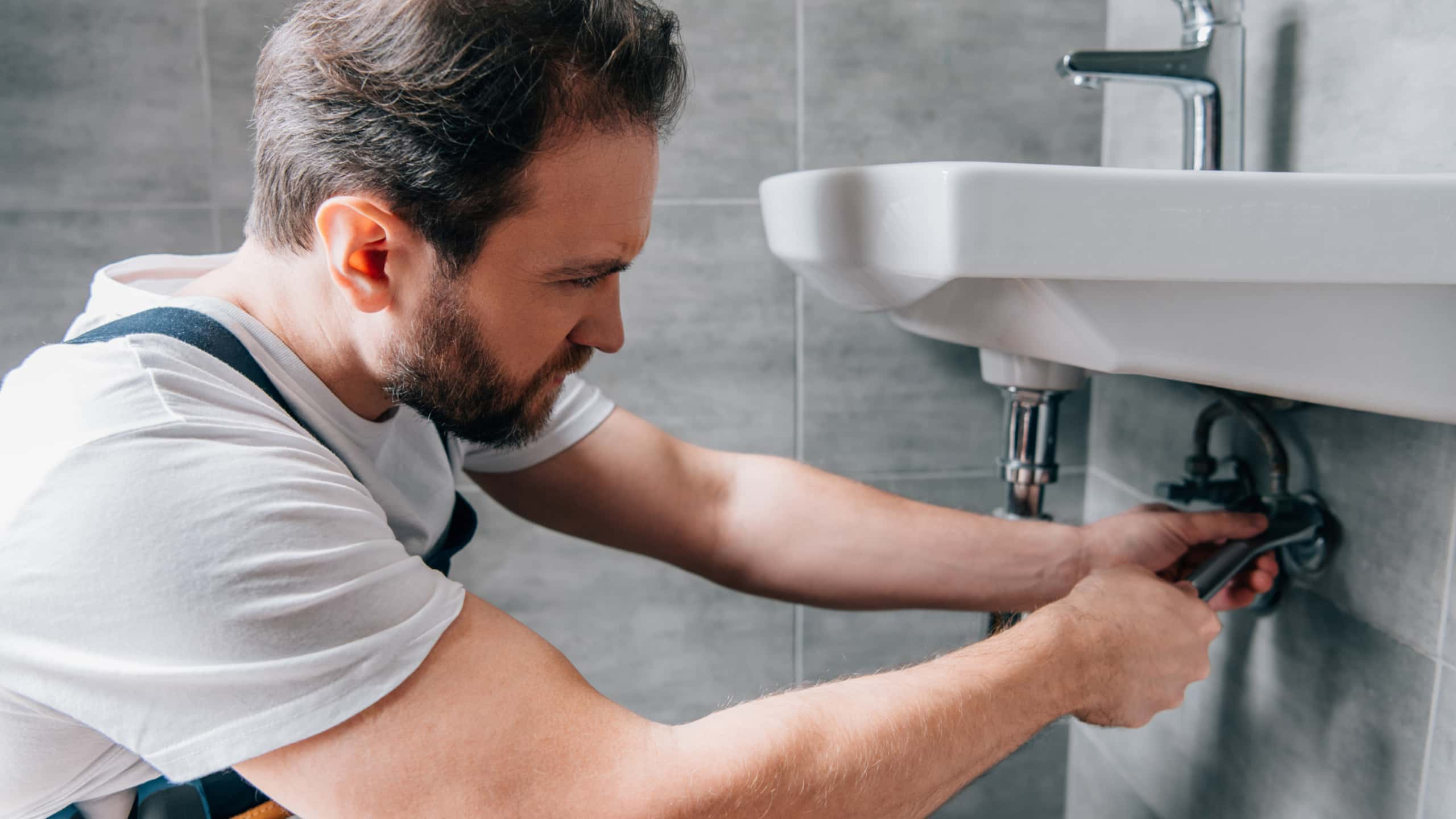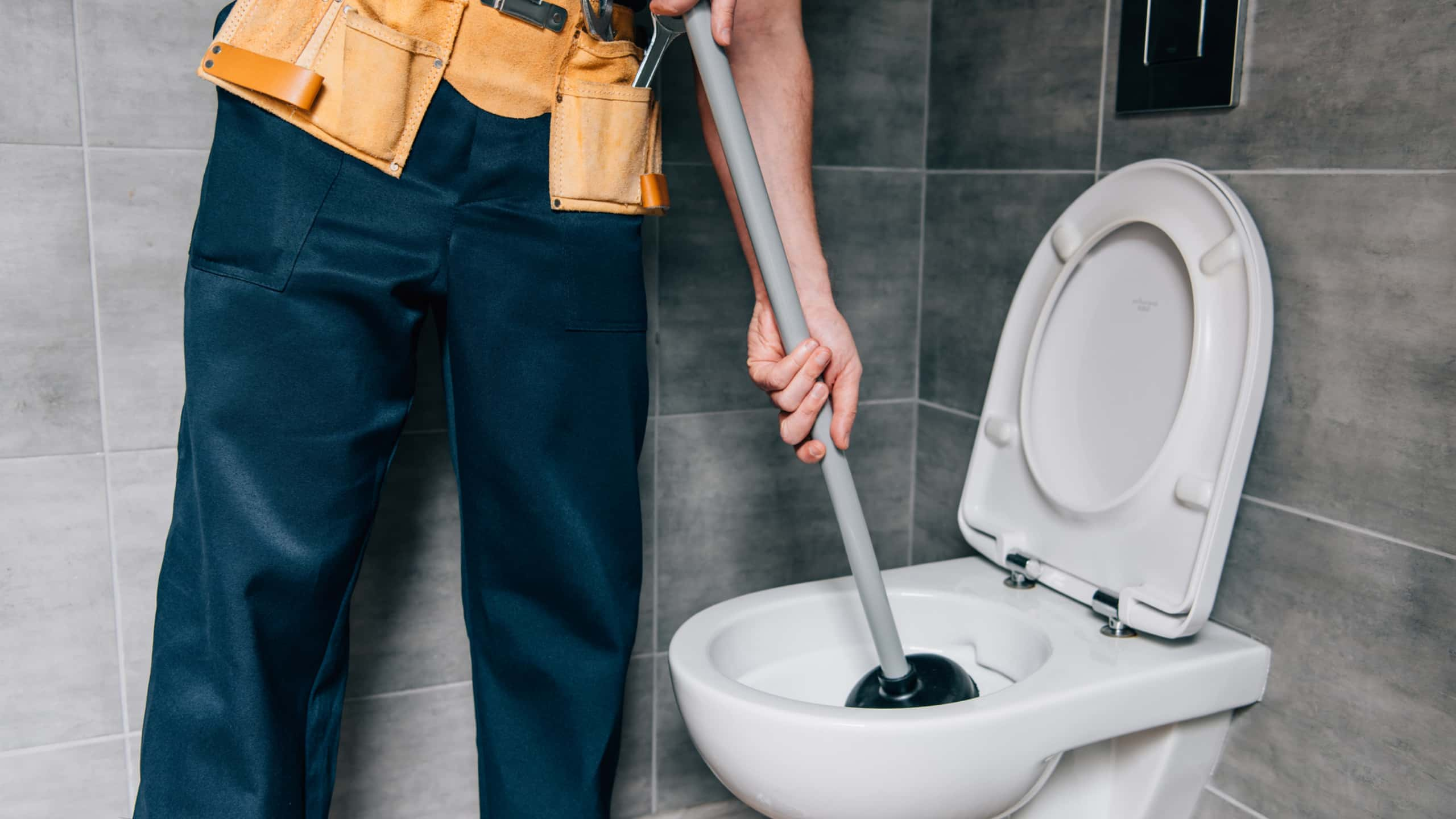






No, plumbers do not clean toilets. Instead, they work to repair and maintain the plumbing systems that are needed for toilet functions. Plumbing involves a lot of hard work and knowledge of how water flows through pipes. It's not as easy as it looks!
Plumbers primarily focus on the installation and maintenance of toilets, sinks, tubs, showers, and other fixtures. They must be able to identify any issues with the plumbing system and know how to solve them quickly and effectively. If there is a clog or leaking pipe in your home, it's likely that a plumber will need to be called in order to take care of the problem.
Despite this focus on plumbing repair and maintenance, plumbers can also help with other tasks related to toilets such as replacing parts or installing new ones. In addition, many plumbers offer toilet cleaning services too. This may involve scrubbing away at tough stains or simply giving your loo a good scrub down with some cleaning products like bleach or detergent.
Plumbers have a lot of responsibilities when it comes to cleaning pipes. They must assess the situation, determine what type of pipe needs to be cleaned, and decide on the best way to clean it. One common method they use is snaking, which involves sending a long cable with an attached cutting head into the pipe. This allows them to break up any clogs or debris that may be blocking the flow of water.
Another popular technique is hydro-jetting, which uses high-pressure jets of water to scour away sludge buildup inside pipes. Not only does this effectively remove blockages, but it can also help prevent future problems by removing any built-up residue. Plumbers may also opt for chemical treatments if necessary; these involve pouring specialized solutions down drains that dissolve grease and other types of grime.
Additionally, plumbers will often check pipes manually by using video inspection equipment or other tools like augers and borescopes. This enables them to diagnose issues more accurately and identify any areas where further action may need to be taken. Finally, after all other methods have been exhausted, plumbers may turn to traditional manual scrubbing with wire brushes and hand scrapers for particularly stubborn clogs or buildups in hard-to-reach places.
Plumbing maintenance is often overlooked, but it's essential for a healthy home. Cleaning your plumbing regularly can prevent costly repairs and keep your system functioning optimally. But how often do you need to clean plumbing?
Generally speaking, it depends on the type of plumbing you have and the usage frequency. For instance, if you have an older home with cast iron pipes then cleaning every 3-4 months would be wise. On the other hand, if your house has newer PVC pipes then twice a year should suffice. Additionally, if you use a water softener the resin tank must be cleaned at least once a year or more frequently depending on how hard your water is.
Moreover, certain areas in your house may require more frequent cleaning than others; for instance, the kitchen sink should be inspected and cleaned every month to ensure its proper drainage. Likewise, shower heads and faucets should also be checked monthly to make sure that they are free of debris or clogs. Lastly, drains should be cleared routinely to avoid any potential backups from occurring.